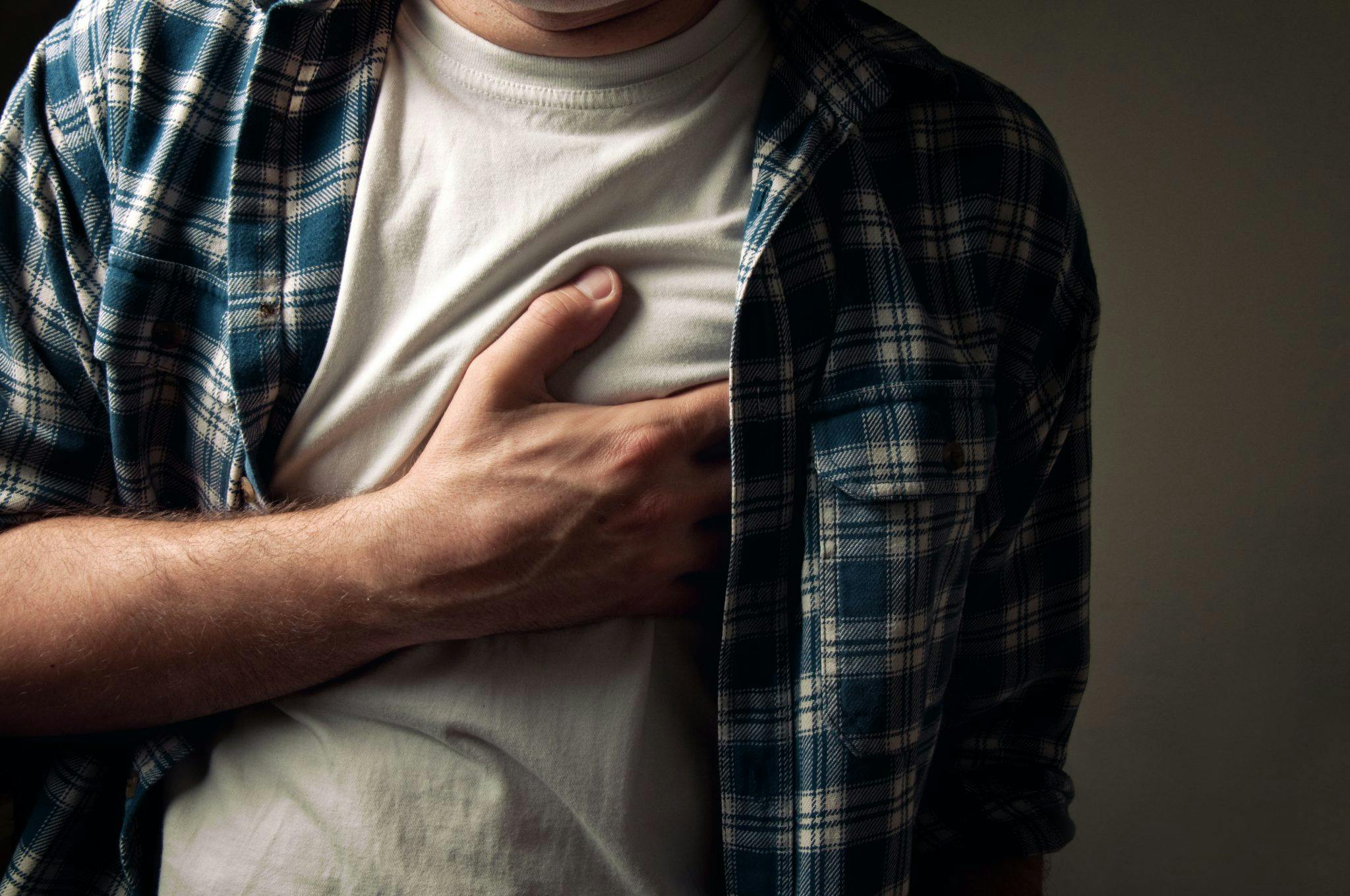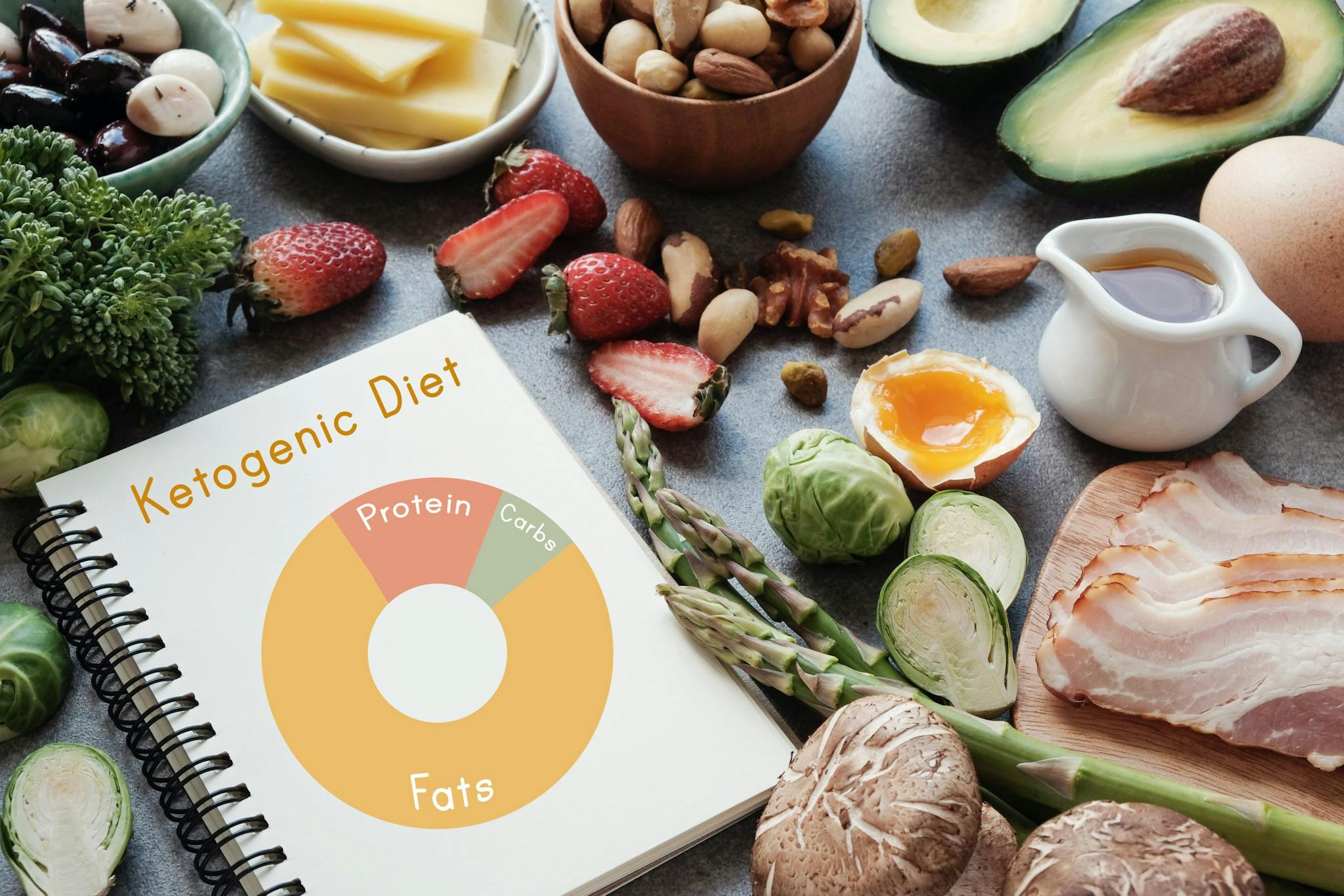
April 9, 2024
The Health Benefits of Stress Management
- Behavioral Health
January 24, 2017 | Cardiology • Family Medicine

The heart is a vital organ, and conditions of the heart can affect many functions within the body. Heart disease, also called cardiovascular disease, describes a number of different heart and blood vessel conditions that affect millions of people every year.
Are you at risk of heart disease? Do you know how to detect symptoms and know if your heart is healthy? Do you make lifestyle choices that help prevent heart complications? Here’s what you need to know.
Heart disease is a broad category of several different diseases. These different forms of heart disease are caused by a number of things, and show varying symptoms.
Atherosclerosis develops when arteries harden and become blocked, and it’s a primary cause of heart disease. Atherosclerosis can be caused by high blood pressure, high levels of “bad” cholesterol and cigarette smoking. Symptoms of atherosclerosis include:
There are a few birth defects that can cause heart disease. They can be caused by complications in the womb, problems with medication or genetics. Some of the symptoms that are visible early after birth include:
In some instances, heart defects develop later in life or don’t show symptoms until adulthood. Symptoms can include shortness of breath and numbness while exercising, or minor swelling.
Heart Arrhythmias:
Any unusual heartbeat is classified as a heart arrhythmia. There are dozens of potential causes of heart arrhythmias, and the symptoms can vary widely:
Cardiomyopathy refers to diseases within the heart muscle that occur when the muscles swell and thicken, weakening the heart’s ability to pump blood. The most common form is dilated cardiomyopathy, for which the cause is unknown. It can, however, be inherited from parents. Symptoms of cardiomyopathy include:
Heart infections are split into three groups: Pericarditis (tissue surrounding the heart), myocarditis (middle layer of heart walls) and endocarditis (inner heart membranes). These infections can be caused by a combination of bacteria, viruses and parasites. Symptoms of heart infections are unlike other heart conditions include:
There are four valves that bring blood to and from the heart, and leaking, narrowing or closing of the valves can damage them. Symptoms include:
There are several major risk factors for cardiovascular disease:
If it progresses too far, the complications from heart disease can be severe:
A big part of heart disease treatment and prevention involves lifestyle adjustments. Options include:
As a physician, I love helping people through stressful times when they may be sick or hurt. I want to be the kind of doctor that I would want for my own family. When a doctor takes the time to help their patients understand what is happening and what the plan is, a patient’s anxiety can be greatly reduced. The patient should receive all the information they need to be an equal partner in decision-making and feel empowered about caring for their body. An ounce of prevention is worth a pound of cure.
“Heart disease.” The Mayo Clinic. http://www.mayoclinic.org/diseases-conditions/heart-disease/basics/definition/con-20034056
“What is Cardiovascular Disease?” American Heart Association. http://www.heart.org/HEARTORG/Caregiver/Resources/WhatisCardiovascularDisease/What-is-Cardiovascular-Disease_UCM_301852_Article.jsp#.WGqI8hsrKUk
WRITTEN BY:
The Live Better Team


April 9, 2024

March 22, 2024

February 12, 2024

February 6, 2024
This information is not intended to replace the advice of a medical professional. You should always consult your doctor before making decisions about your health.